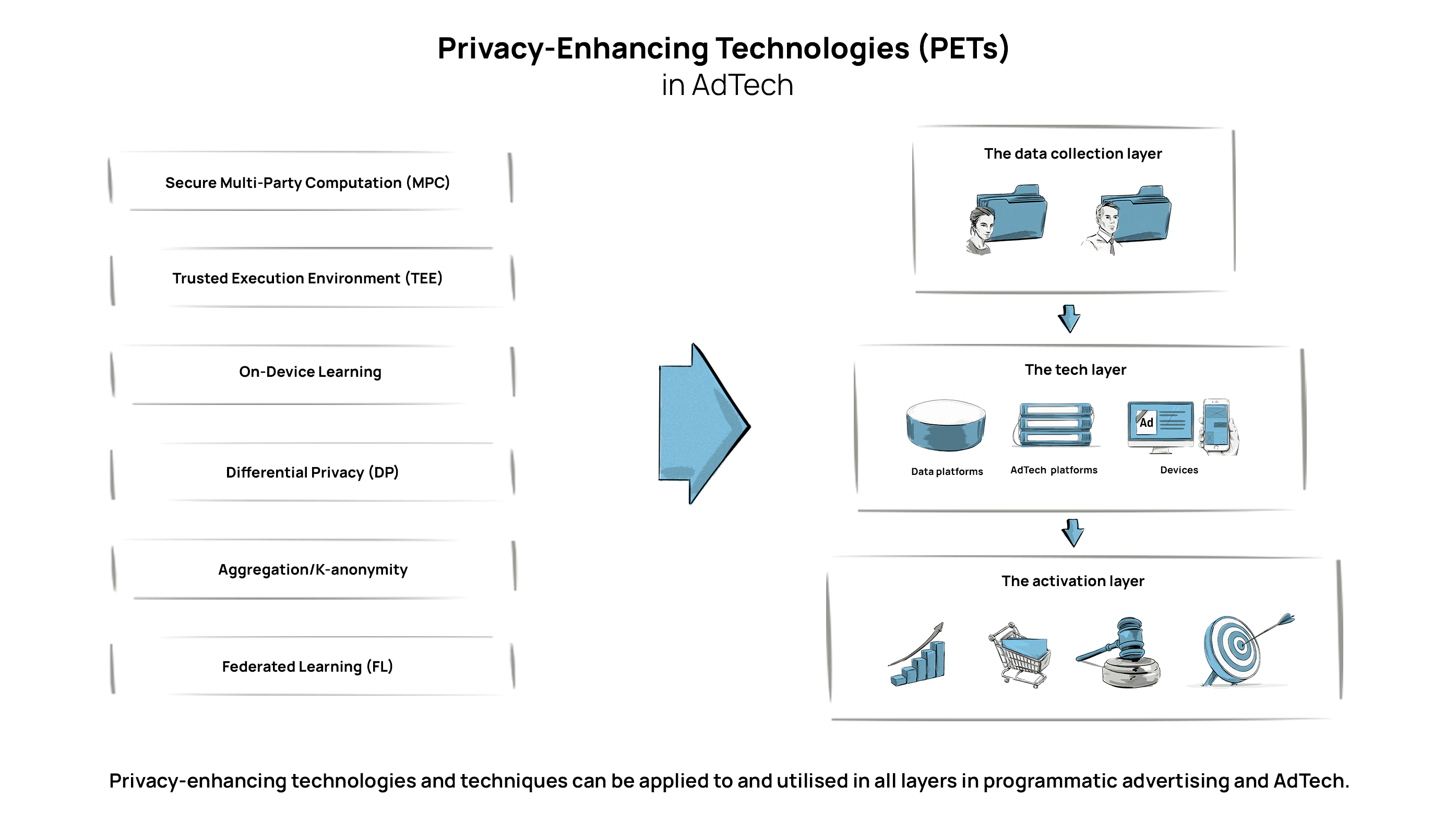The Power of AI Transforming Data Science Landscapes
AI: Revolutionizing Data Analysis
In the realm of data science, artificial intelligence (AI) stands as a formidable force, revolutionizing the way we analyze and interpret data. Gone are the days of manual data crunching and simplistic models. With AI, we now have the power to extract valuable insights from vast datasets in ways that were previously unimaginable.
Enhancing Efficiency and Accuracy
One of the key benefits of AI in data science is its ability to enhance efficiency and accuracy. Through machine learning algorithms, AI systems can sift through massive amounts of data, identifying patterns and trends with speed and precision. This not only saves time and resources but also ensures that the insights derived are more reliable and robust.
Predictive Analytics: Anticipating Future Trends
AI-powered predictive analytics is another game-changer in the world of data science. By analyzing historical data and identifying patterns, AI algorithms can forecast future trends and outcomes with remarkable accuracy. This capability has profound implications across various industries, from finance and healthcare to marketing and retail, enabling organizations to make data-driven decisions and stay ahead of the curve.
Personalization and Recommendation Systems
In today’s digital age, personalization is key to enhancing user experiences and driving customer engagement. AI-powered recommendation systems leverage data science techniques to analyze user behavior and preferences, delivering tailored recommendations and content in real-time. Whether it’s suggesting products on an e-commerce platform or curating content on a streaming service, these systems enable organizations to connect with their audience on a deeper level.
Natural Language Processing: Unlocking Textual Data
With the proliferation of unstructured data sources such as social media posts, customer reviews, and news articles, the ability to extract meaningful insights from text has become increasingly important. Natural language processing (NLP), a branch of AI, empowers data scientists to analyze and understand textual data at scale. From sentiment analysis and entity recognition to text summarization and language translation, NLP opens up new possibilities for extracting insights from textual sources.
Image and Video Analysis: Seeing the Bigger Picture
In addition to textual data, AI is also revolutionizing the analysis of visual data through techniques such as image recognition and computer vision. By training deep learning models on vast datasets of images and videos, AI systems can accurately identify objects, recognize faces, and even understand the context of a scene. This has applications ranging from autonomous vehicles and medical imaging to security surveillance and content moderation.
Ethical Considerations and Challenges
While the power of AI in transforming data science landscapes is undeniable, it also raises important ethical considerations and challenges. Issues such as data privacy, algorithmic bias, and the ethical use of AI in decision-making are increasingly coming to the forefront. As we harness the power of AI to drive innovation in data science, it’s essential that we do so responsibly and ethically, ensuring that the benefits are equitably distributed and that the potential risks are mitigated.
Looking Ahead: The Future of AI in Data Science
As AI continues to evolve and mature, its impact on data science will only grow stronger. From enhancing data analysis and predictive modeling to enabling personalized experiences and unlocking insights from unstructured data, AI holds the key to unlocking new frontiers in data science. By embracing AI technologies responsibly and leveraging them to address real-world challenges, we can harness the full potential of data to drive positive change and innovation across industries. Read more about ai and data science





